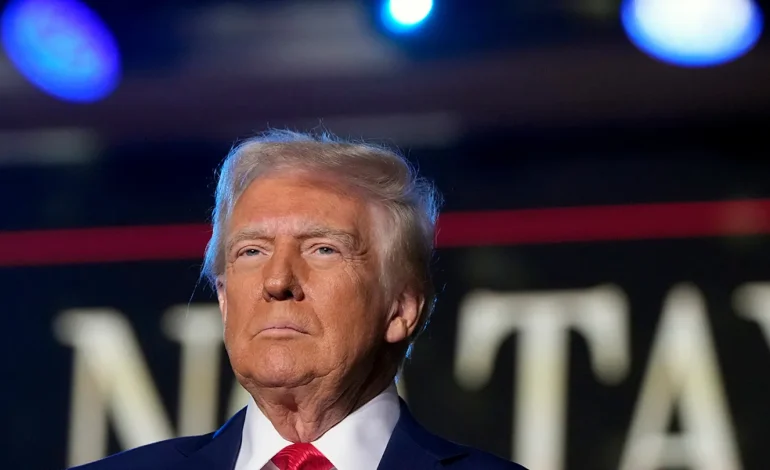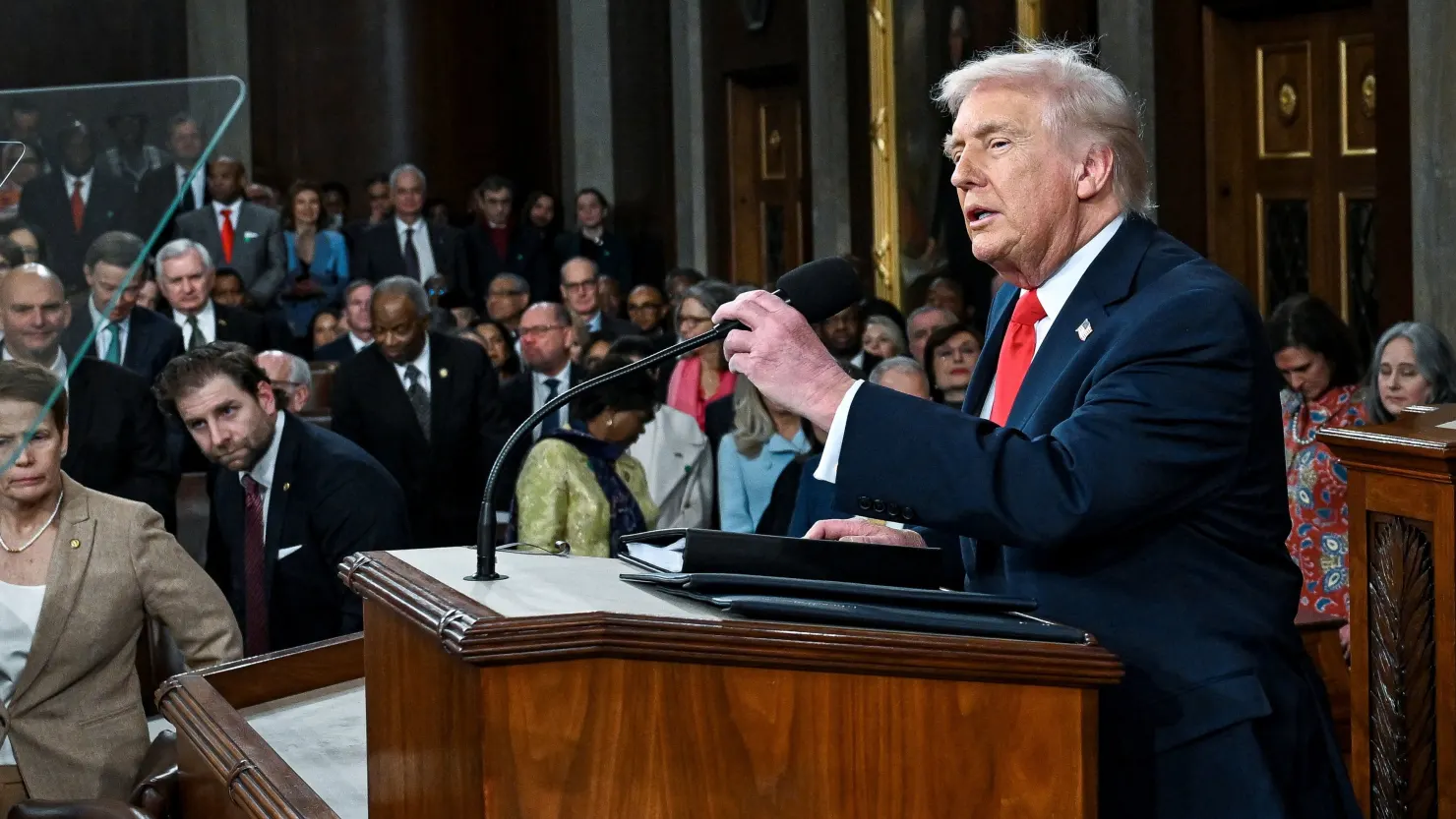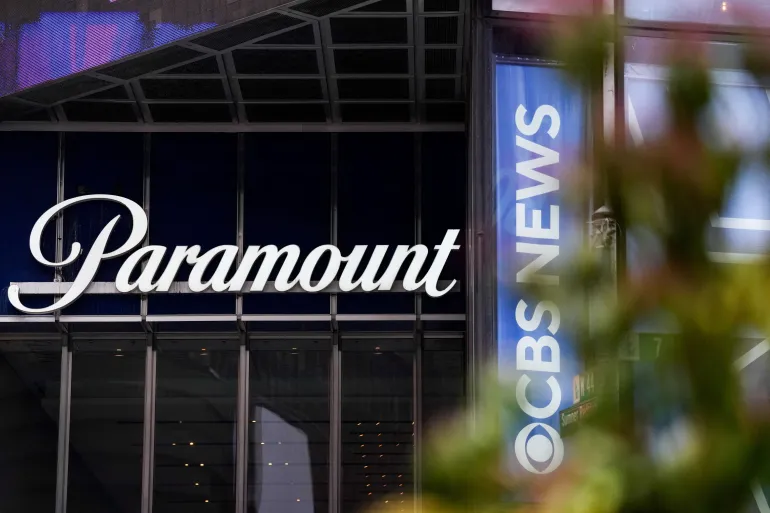Cuba Named ‘Not Fully Cooperating Country’ by U.S. Over Counterterrorism Failures

The U.S. State Department has officially designated Cuba as a “not fully cooperating country” (NFCC) in counterterrorism efforts for 2024, citing the island nation’s refusal to extradite at least 11 fugitives sought by U.S. law enforcement, Fox News reports.
The certification, announced Tuesday by State Department spokesperson Tammy Bruce, falls under Section 40A of the Arms Export Control Act and will bar Cuba from receiving defense-related services, exports, or licenses from the United States.
“In 2024, the Cuban regime did not fully cooperate with the United States on counterterrorism,” Bruce stated. “There were at least 11 U.S. fugitives from justice in Cuba, including several facing terrorism-related charges, and the Cuban regime made clear it was not willing to discuss their return to face justice in our nation.”
Bruce also pointed to a broader unwillingness by Cuban authorities to engage in terrorism-related law enforcement cooperation, calling the efforts to work together in 2024 “futile.”
Broader Implications and Historical Context
Secretary of State Marco Rubio, who assumed the post earlier this year, included Cuba alongside Iran, Syria, Venezuela, and North Korea on the list of NFCCs.
This move marks a sharp policy turn from the Biden administration, which in January rescinded Cuba’s designation as a state sponsor of terrorism — a label it had carried since 2021 when the Trump administration reimposed the designation, citing Cuba’s harboring of terrorists and fugitives.
Ex-President Joe Biden’s administration had argued that Cuba had not provided support for international terrorism in the previous six months and had offered assurances that it would not do so in the future.
However, this week’s NFCC designation highlights ongoing tensions and dissatisfaction with Cuba’s cooperation on key extradition and terrorism cases.
High-Profile Fugitives and Regional Concerns
Among those Cuba is accused of sheltering is Joanne Chesimard, also known as Assata Shakur, who was convicted in the 1973 killing of New Jersey State Trooper Werner Foerster. She escaped prison in 1979 and fled to Cuba, where she was granted asylum.
Cuba is also refusing to extradite 10 suspects wanted by Colombia in connection with a deadly 2019 bombing at a police academy in Bogotá that left 22 dead and dozens injured.
The decision comes amid renewed scrutiny of Cuba’s global security posture. Recent reports have linked Chinese intelligence activity to multiple sites on the island — a claim China has denied.
From Détente to Division
Cuba was previously removed from the terrorism sponsor list under the Obama administration, which sought to normalize relations and restore diplomatic ties. In 2016, President Obama became the first U.S. president to visit Cuba since 1928.
Those efforts faced resistance from President Donald Trump, who reversed many Obama-era initiatives. In 2017, Trump reinstated travel and financial restrictions on Cuba, calling the normalization efforts a “one-sided deal” that benefited the regime without holding it accountable.









The latest news in your social feeds
Subscribe to our social media platforms to stay tuned